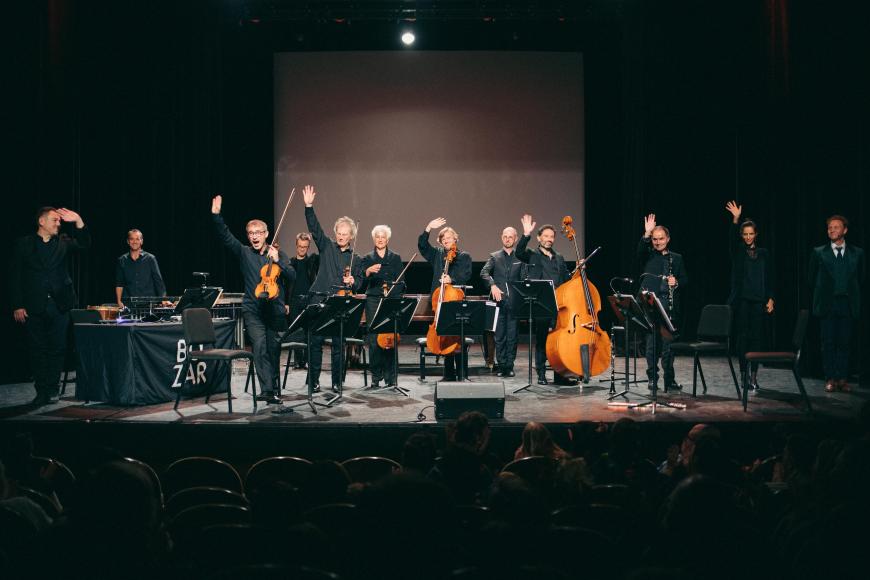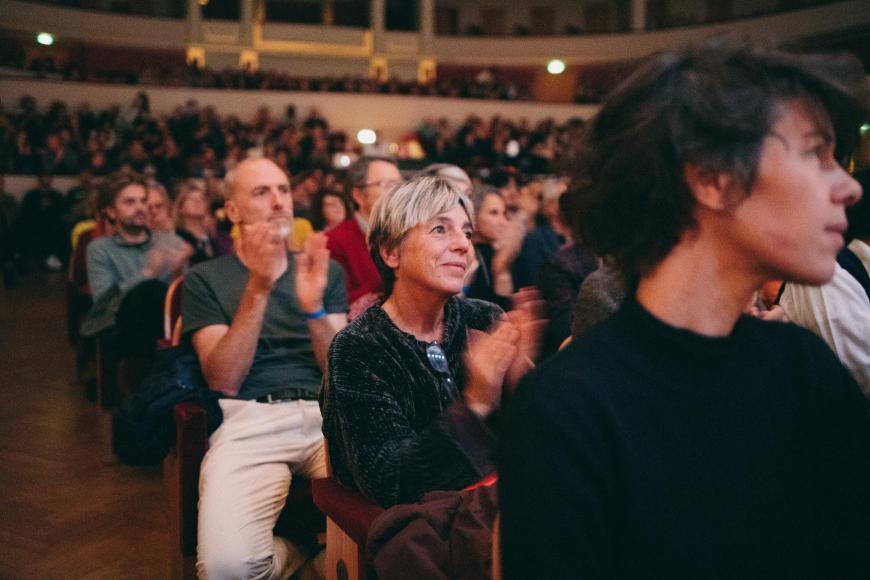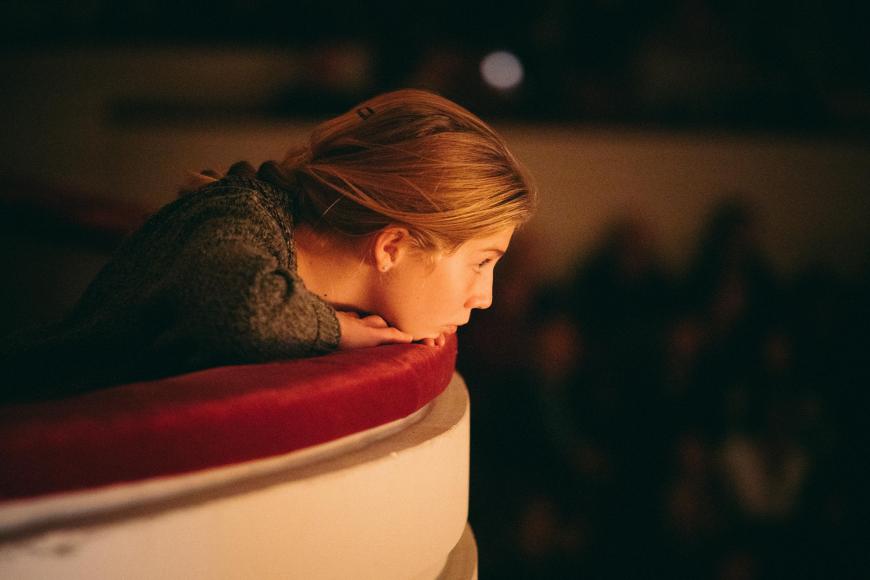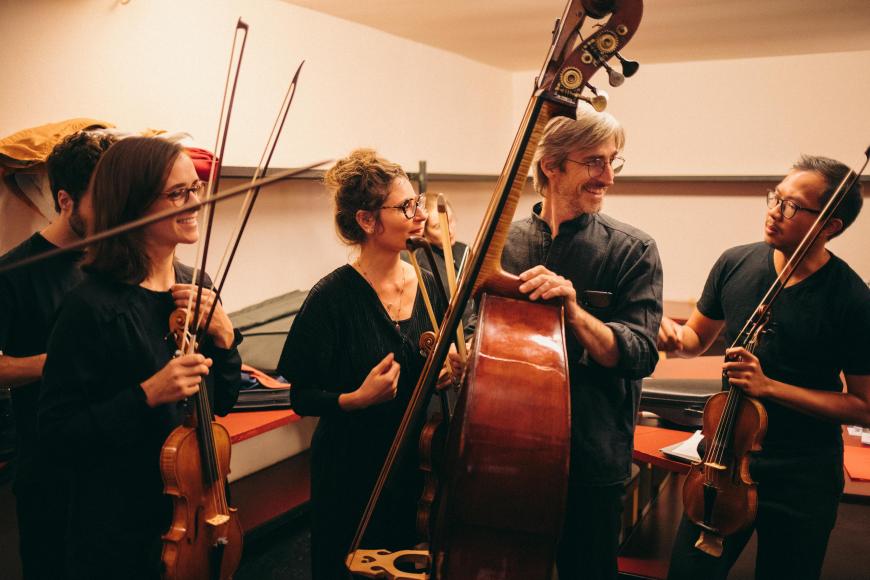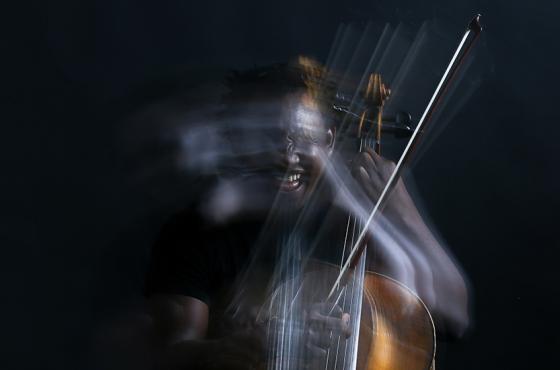1. Classical music is expensive!
Okay, sometimes ticket prices can be shocking, but fortunately, there are plenty of deals to be had. There are different ticket categories and affordable options: If you’re under 30, you are eligible for a 50% discount, and if you come 30 minutes before the concert, you can get a ticket (possibly excellent seating) for only 10 euros.
2. You have to be an expert to appreciate it.
Classical music is a world of its own and moreover particularly diverse. The difference between a work by Igor Stravinsky and a Gregorian chant from the Middle Ages, is probably as great as that of Black Sabbath and the theme song from Frozen. Over the past thousand years, music has evolved and taken many forms. So, when you pick a concert, start with something you’re familiar with. If you like the piano, go for a piano recital. If you like Mozart, then choose Mozart. Take a chance and see it where it takes you. One way to get started is to listen to one of the Bozar playlists.
Don't feel ready yet? Watch our ‘Inside the Orchestra’ videos, which answer all the questions you might have about classical orchestras.
For too long, we have cultivated the idea that classical music is something exclusive. And that if you haven’t studied music, you don’t have anything interesting to say about it. That’s wrong. You don’t need to be able to cook to appreciate a good meal.
3. Concerts are really long.
You don’t have to be attentive to every note. Simply abandoning yourself to the music is a way of listening. You can gradually develop an ear and discover new pleasures. For early risers, Concert Croissant is highly recommended. Grab breakfast at Bozar Café Victor beforehand and get your cultural outing started with some chill-time.

4. There’s a dress code.
Sure, some people like dressing to the nines. But a dress code is not a thing anymore. So just come in the outfit in which you go to the bakery or to the pub. If you want to get out your tie especially for the occasion, you are of course welcome to do so.
5. Shhh … be quiet!
Silence is required. There is actually more to it than that. Since classical music is rarely amplified, the audience and the artists appreciate silence so everyone can enjoy the best possible listening experience. The acoustics in concert halls are sometimes so good that you can hear every single little noise (a crinkling wrapper, a beeping ringing, a BeReal notification, etc.).
6. You need to know when to clap.
Generally, applause is reserved for the end of the work. However, a piece is sometimes made up of several parts, which can vary from five to several dozen minutes. A small tip to make sure you don’t go out on a limb: just wait for the rest of the audience to start applauding. At the end of the concert, you’ll realise that the applause will continue. The soloists and the conductor will leave the stage, come back, leave, come back... If you’re lucky, they might even treat you to an encore!
7. Coughing is mandatory.
Instead of applause, silence is sometimes broken by a strange series of coughs. One word of advice: throat lozenges are available for free at the cloakrooms to soothe dry throats. Another technique is to save your cough for the orchestral climax, but this is risky... Let’s just say it requires a little practice or a good knowledge of the score.

